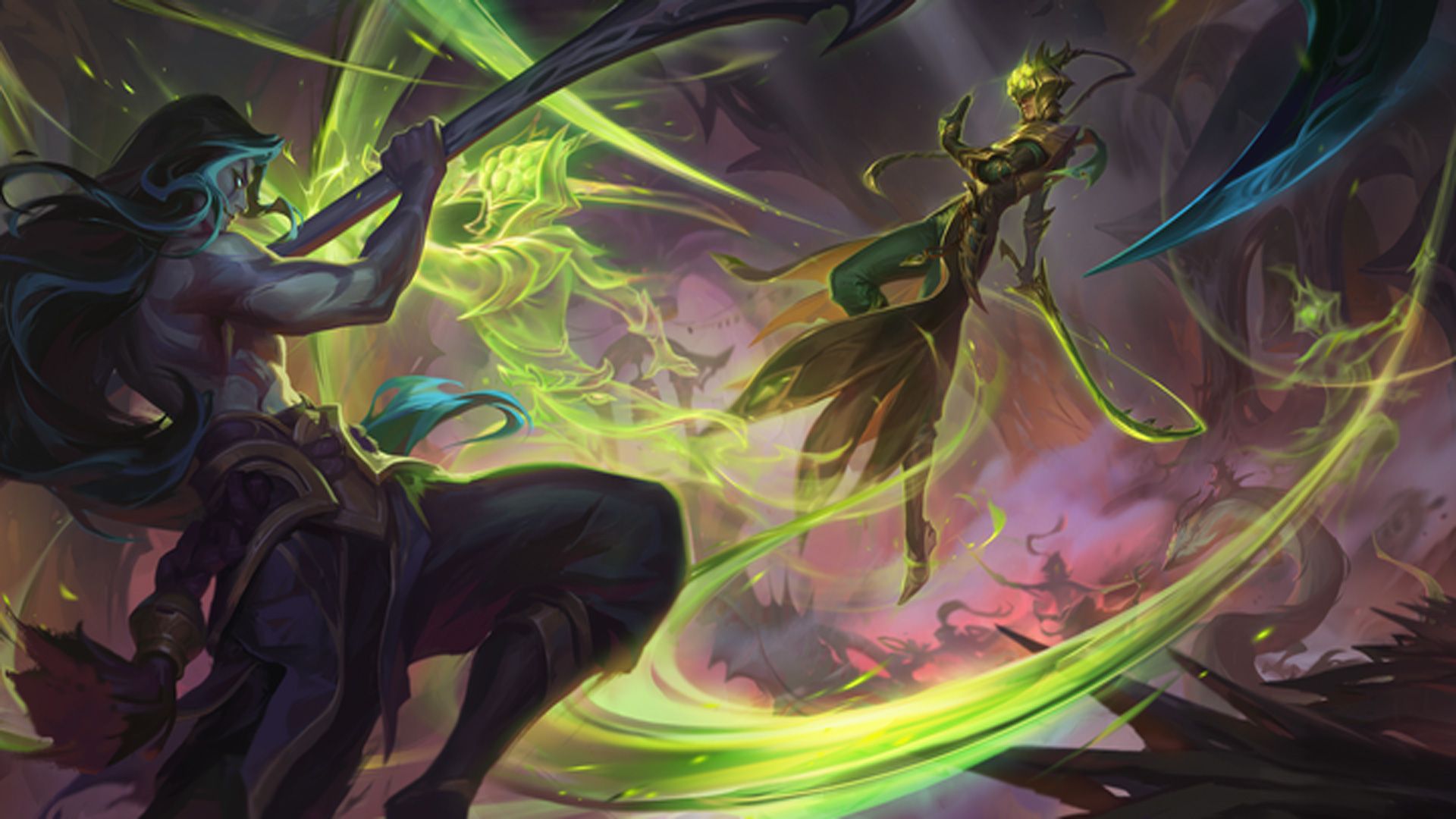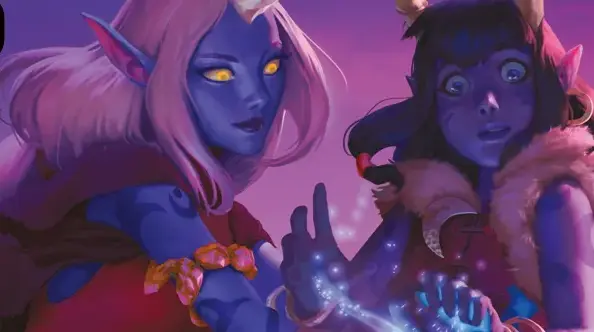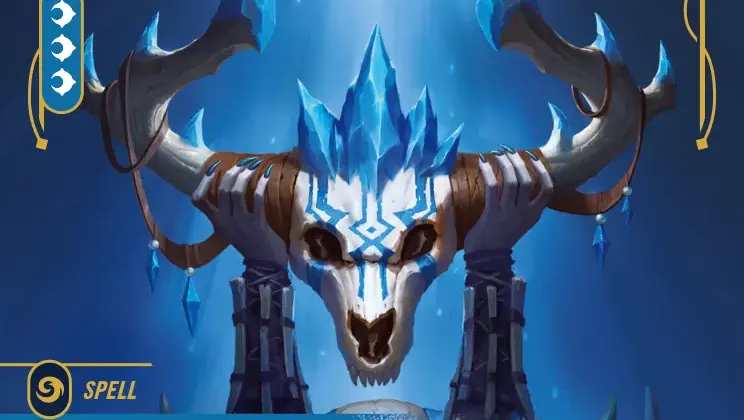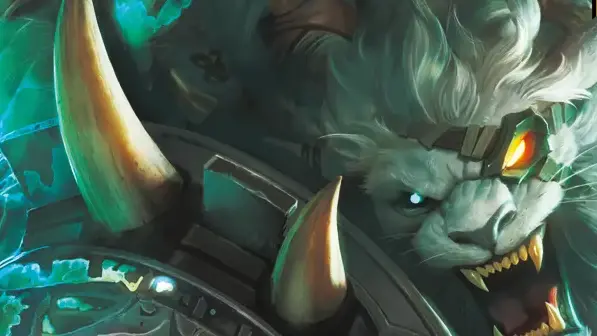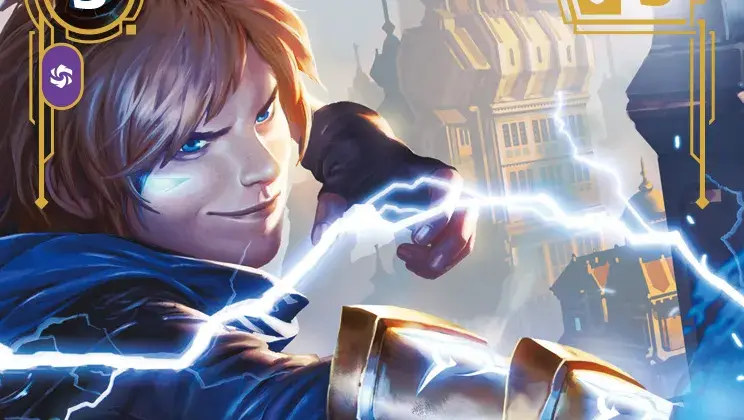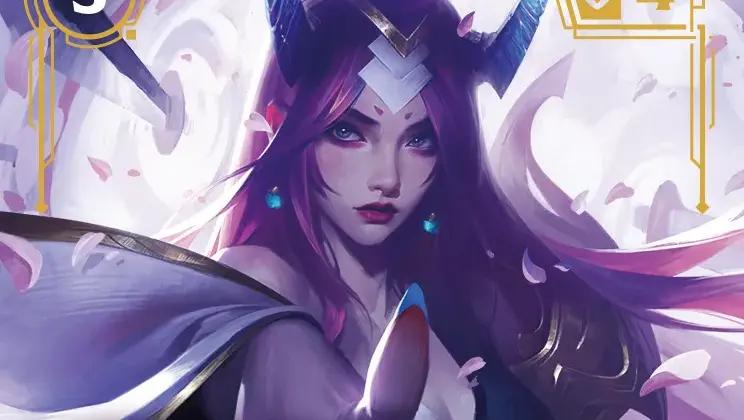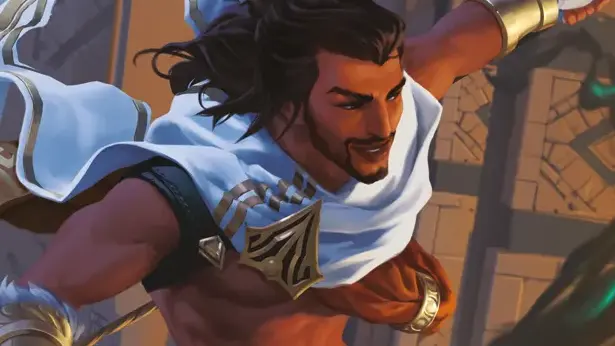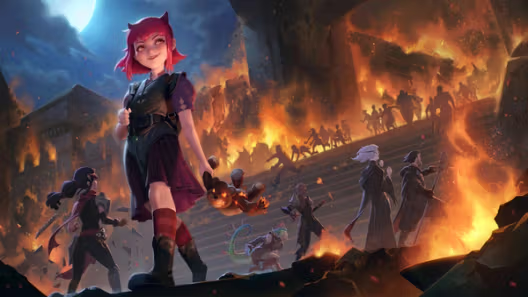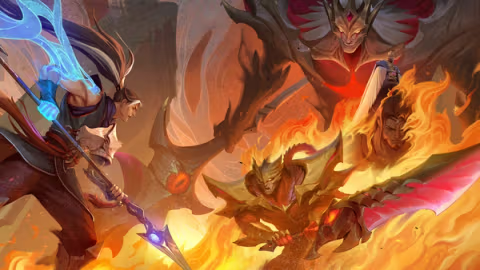Contents
Like most TCGs, Riftbound has a graveyard that can be interacted with. There are, unsurprisingly, certain cards that can turn your graveyard into an upside. While not as in depth as some of the more intense graveyard strategies in games like Magic: The Gathering, there are a few cool things that you can do using your trash in Riftbound.
We don't have every card yet, and so there could be even more that gets revealed in the meantime that makes this strategy even stronger, but right now we have a whole champion (Jinx) centered around wanting to discard cards for value. With this, cards like Immortal Phoenix and Jinx's signature spell, Super Mega Death Rocket!, become premium parts of a strategy that's difficult to interact with.
In this guide, we're going to go over the trash and how different strategies use the trash and discarding in their own ways. With this, if you're a fan of graveyard strategies, you can use this to start thinking about the decks that you want to play when Origins drops this Fall.
Trash 101: The Basics
To put it simply, the trash is where cards go once they've been used. If a unit dies, it goes to the trash. If a spell has been played, it goes to the trash once resolving. And, if anything else gets destroyed, it also goes to the trash. Once something is in the trash, though, it isn't completely gone.
This does mean that Riot wants the trash to be central to gameplay, and so you can expect more trash-centric cards to be printed as time goes on. However, I would definitely expect Riot to be careful about this, as other games have shown that failing to do so can lead to some disgusting gameplay.
For decks that don't make use of the trash at all, once they're there, they're generally gone for the game. We'll go into more detail later, but some domains can interact with the trash and use it for value. So, with this, cards going to the trash isn't exactly a disadvantage. In fact, some of the cards that exist want to be put into the trash and played from there.
From Trash to Treasure: How to Use Your Trash
Recycling from Trash
The first way that different decks interact with trash is by recycling it (putting it on the bottom of your deck). This is generally a Mind domain mechanic, and lets you put your cards back into your deck so they can be used later. With this, you can keep your deck healthy and make sure that you have cards throughout a lengthier game.
Generally speaking, though, this isn't a mechanic that's worth much in itself. Where it shines, though, is when combined with other effects. For example, Garbage Grabber lets you draw a card, but also lets you recycle three cards from your trash into your deck as a cost. This does limit how much you can use it, but it's also a way to recycle while getting even more on top.
Other domains do get to do this, though. Vi Destructive is a card that's in the Fury domain, and lets you recycle cards from your trash to give her more might. So, there's a chance that this can spread out to other mechanics. However, expect this to stay in Mind, as that's where we've seen a lot of the cards that do so.
Returning from Trash
Returning cards from your trash is generally a Chaos mechanic, and is essentially that. Cards that let you return cards from your trash to your hand. It's not exactly clear whether we'll ever be able to return cards of any kind from our trash to our hand, or whether it'll always be restricted to a certain type or restriction, but there are multiple cards that allow you to do so.
Cemetery Attendant is an example of a 1-for-1 on-play "return from trash to hand" effect, as it lets you return a unit. This is a really strong +1 play, provided you can ensure it's online, with a decent body as well. It also lets you return your most powerful units after they've been killed, and gives you a way back into a grindy game if you've fallen behind.
As of currently, it looks like this mechanic will be restricted to Chaos. While there are some of these cards that are split between Chaos and another domain, like Guerilla Warfare, we can generally expect this to be an effect that Chaos will have as part of its unique identity rather than a game-wide mechanic.
Playing from Trash
Playing from trash is an interesting mechanic that I'd expect to be generally in the Fury domain, but we haven't seen much of it otherwise. Immortal Phoenix is a card that takes from the design language of Magic, in which phoenixes are generally playable from the graveyard. Immortal Phoenix does the same thing, letting you play itself from trash.
I wouldn't expect to see too many cards with this effect, as having a ton of these cards would result in far too much graveyard value and probably cause decks like Jinx to become broken. But, whenever these mechanics do arrive, you can expect them to be on incredibly interesting cards like Immortal Phoenix.
Outside of Fury, we've seen the ability to cast a spell from your trash in Mind, on Kai'sa Evolutionary. This is less of a independent play-from-trash card and more dependent on setup, and I think Mind will explore this in the future too, much like Blue in Magic. But, ultimately, we'll have to wait and see as we find out more about Origins in the coming months.
Closing Time
The trash is generally looking to play a pivotal part for a few different strategies in Riftbound, and so is definitely worth considering if you like those kinds of strategies. Being able to replay your trash isn't anything new, but in a game like Riftbound where complexity isn't immediately as obvious, it's great to get a refresh on how Riot are using the trash in their design.
If you enjoyed this article and want more content about Riftbound, check out the rest of Riftbound.gg. We're here to make the best Riftbound content, and will have a ton of content in the lead up to Origins' release, and beyond.
In any case, thank you so much for your time, and I'll see you on the battlefields.
